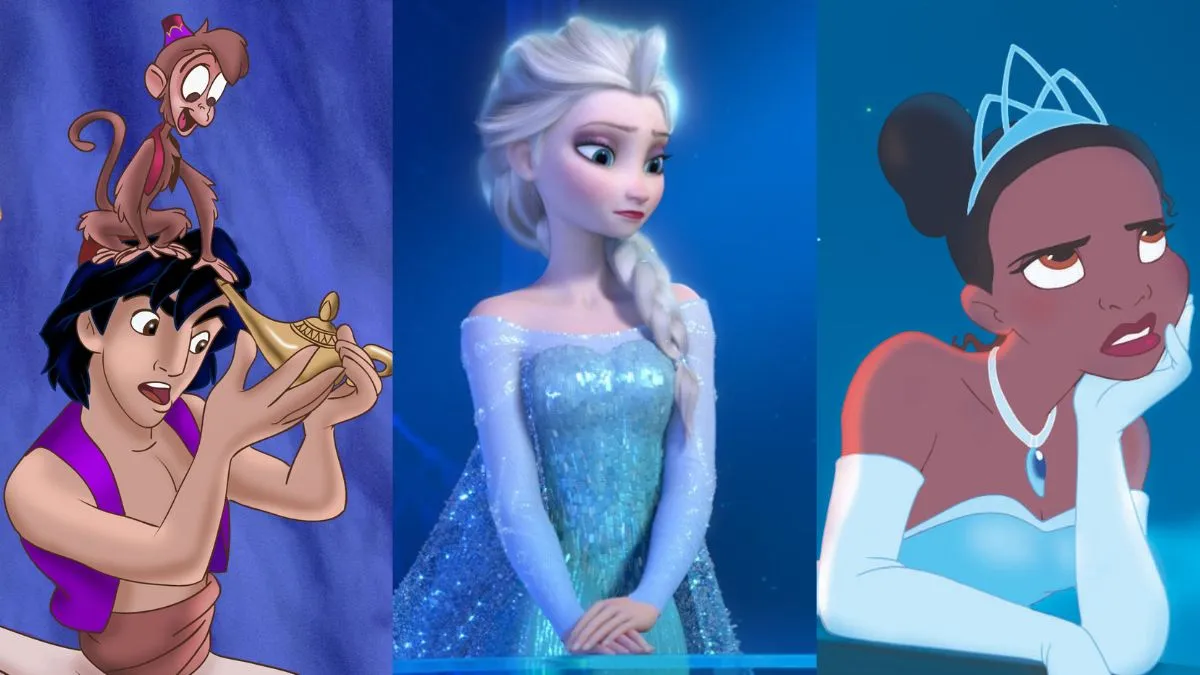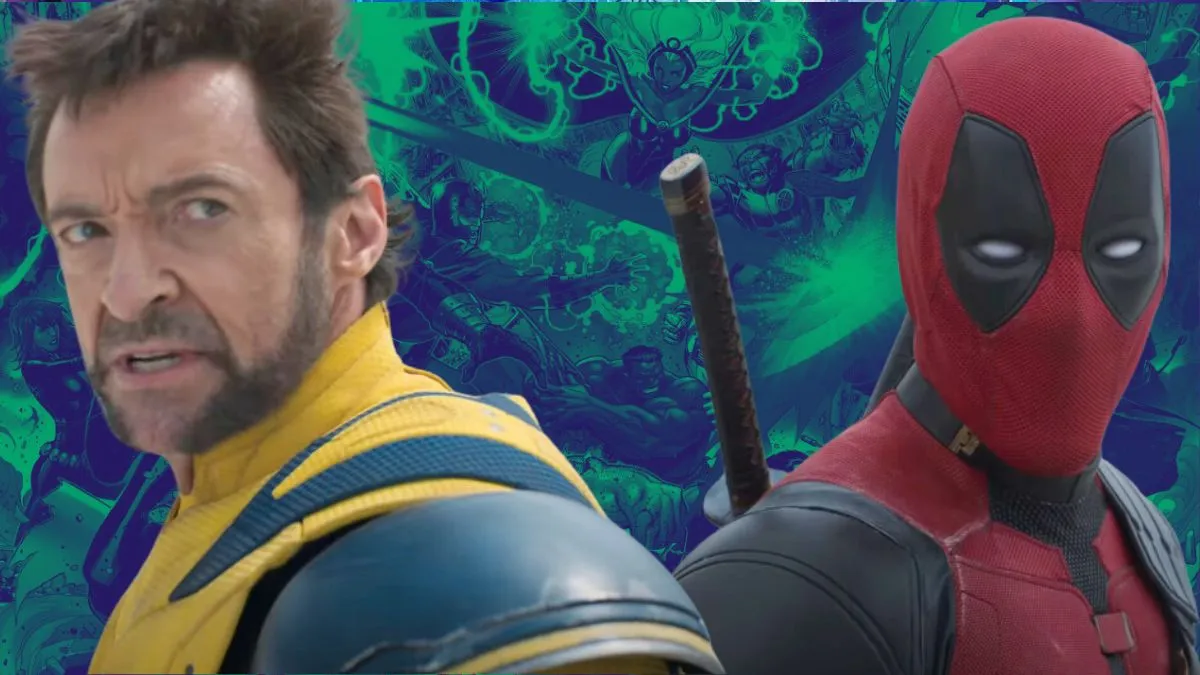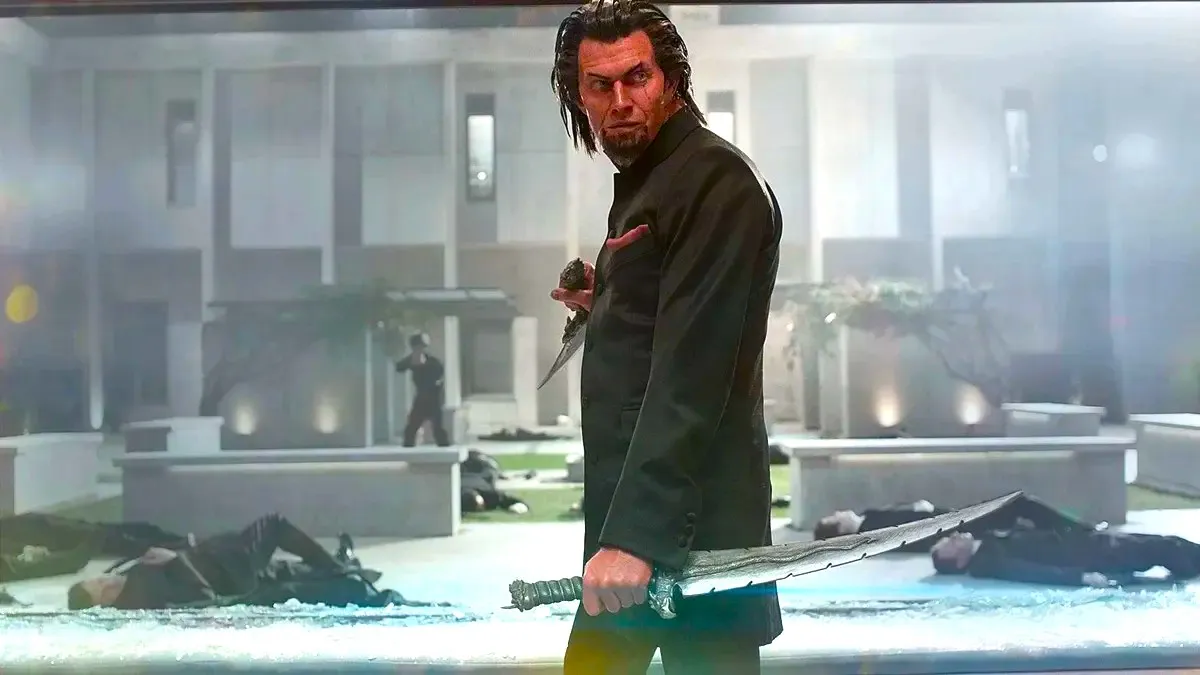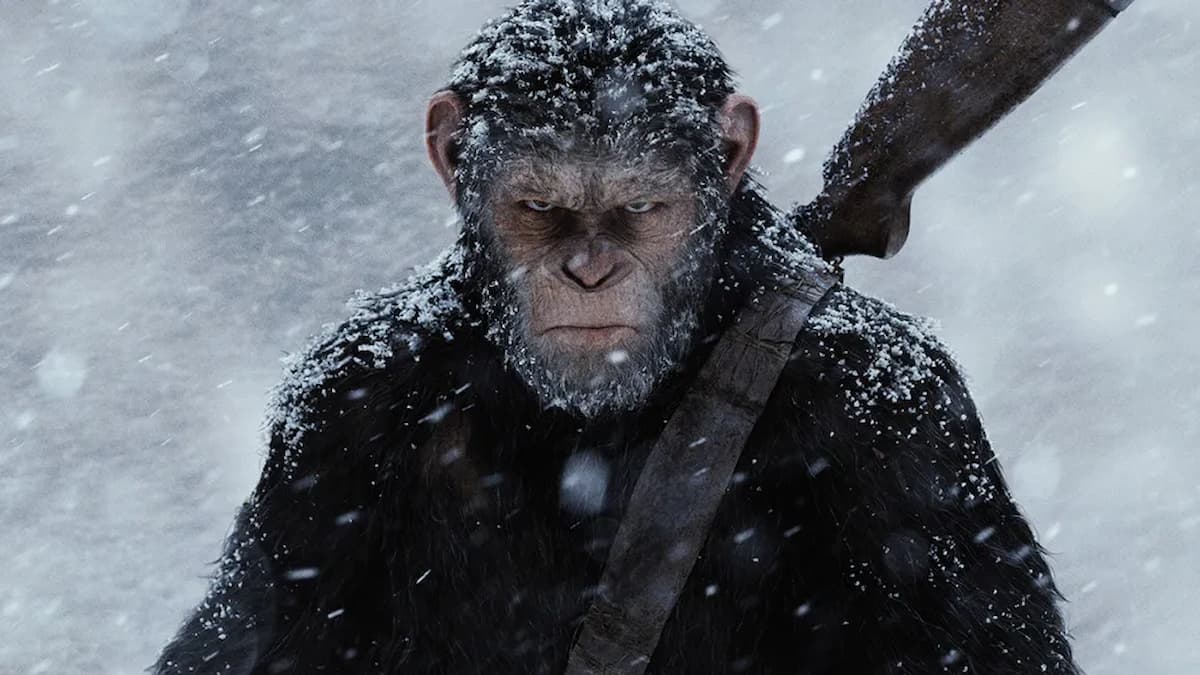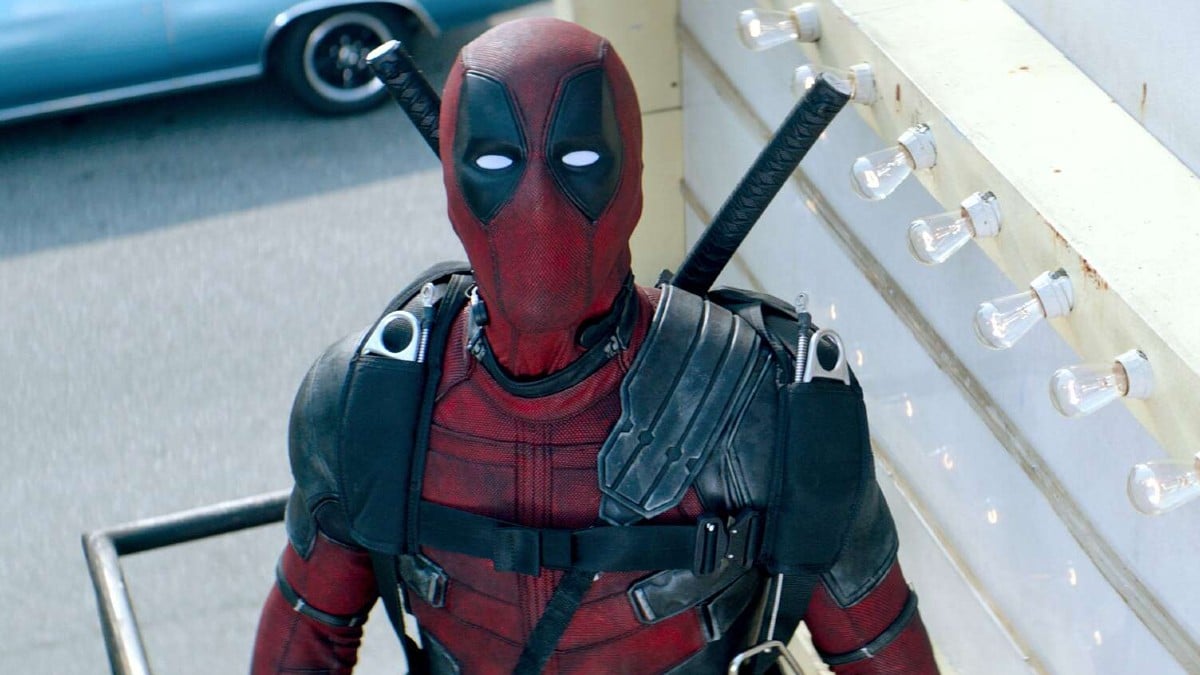
It took almost ten years, but writer/director David Twohy and actor Vin Diesel have finally made another Riddick movie. While The Chronicles of Riddick was not a commercial success, it still gained a cult following on home video and fans kept clamouring for Twohy and Diesel to make another film to continue the adventure. It’s because of that continued support that the third movie in the franchise (which started with Pitch Black) is now a reality.
This movie, simply entitled Riddick, sees the dangerous criminal left for dead on a desolate planet where he fights for survival against alien predators and a band of bounty hunters determined to bring him back dead or alive.
I was lucky enough to have a one-on-one interview with Mr. Twohy when he was at the Four Seasons Hotel in Los Angeles, California for the Riddick press conference. While The Chronicles of Riddick was a big budget studio movie, Riddick is more of an independent film which had Twohy and Diesel raising the money themselves. What results is a lean and exciting sci-fi action movie that has the same kind of inventive energy as Pitch Black.
Check out the interview below and enjoy!
Whereas the budget on The Chronicles of Riddick was over $100 million, it is said that the budget on Riddick is around $40 million.
David Twohy: Let’s say mid $30 million to high $30 million, but it was under $40 million.
And Riddick proves to be a different movie than the last film which had a larger budget and a bigger canvas.
David Twohy: And it had a very operatic feel to it, heavy on mythology. Knowing that we had less money to spend this time around, because we were independent we did raise the money ourselves, by necessity that kind of molded what the movie felt like. It turned out to be a one world story instead of a multi-world story.
Since you raised the money independently, I assume you had more creative control over this movie.
David Twohy: Yes! (laughs)
I take it from your reaction that you liked having creative control a lot.
David Twohy: We did enjoy that part of it, and Vin’s pretty good as a producer and a big star. He’s wasn’t burdensome or onerous to me. Someone asked me earlier, “Does he always run to the monitor? Does he direct himself?” No, not really. He trusts me now after three movies, and he wants to be directed so he lets me direct him and that’s cool. Even in the editing room, I would send him a cut when I felt good about it, he would comment and that was it. And then I locked picture by just looking at my editor and saying, “Okay that’s a lock.” Very different from how it works with a studio movie where it’s like you’re pumping out different cuts, all the different studio executives have all their opinions, and God forbid it’s financed by two different studios because then it’s like double that amount, double that opinion, reaction, test, score, cut, test, score, cut, test, score, etc. I didn’t test it. I got to the point where I was happy with it and Vin was happy with it, and that was it.
I noticed when I’ve talked with a lot of filmmakers and actors that they like not having to deal with the studio system a lot because there seems to be a lot of input from people who don’t see eye to eye with your vision.
David Twohy: Having said that, they can get it right sometimes. They’re in a groove with the Fast and Furious movies and they know how to make those movies now and how to deal with all the personnel, so that feels like it should be a studio movie. But I think we’ve realized that this one probably should be independent and let the studios do what they do best which is release and market.
Many filmmakers have said that having less money to work with forces you to be more creative. Would you say that was the case on Riddick?
David Twohy: Yeah. I’m always a creative guy, but sometimes you just can’t shut it down. If you have a lot of money behind you then you’re just as creative, if not more creative, than on a small movie, so I wouldn’t quite put it that way. But you do need to edit yourself as you shoot because you have fewer options in a smaller movie. In other words, when I’m shooting a big movie and I got an 85 day shooting schedule or more, then I’m saying I have enough time to shoot option A and B and C and D for every scene. The actors start to understand it and they say, “Can I do this? What if we do this? Can I change this line?” Suddenly in the editing room you have all these f**king options and you can lose your way because of the options. Whereas with an independent movie it’s like, “Okay I know what I want and I got to go for it.” I just got to get the A version of this. Occasionally we’ll try a B version, but not often. We’ll just get what’s scripted and try to do that as best we can, so you sort of edit while you shoot an independent movie.
You’ve worked with Graeme Revell on many of your movies. What was it like working with him on this one?
David Twohy: He’s doing more now with electronic music as opposed to full orchestra. He’s sort of come to the realization that no you don’t need to do a full orchestra anymore. If the budget doesn’t allow it you can still make it sound good. He knows how to make that work. He’ll still give you a big sounding score without the Berlin Philharmonic.
Continue reading on the next page…


